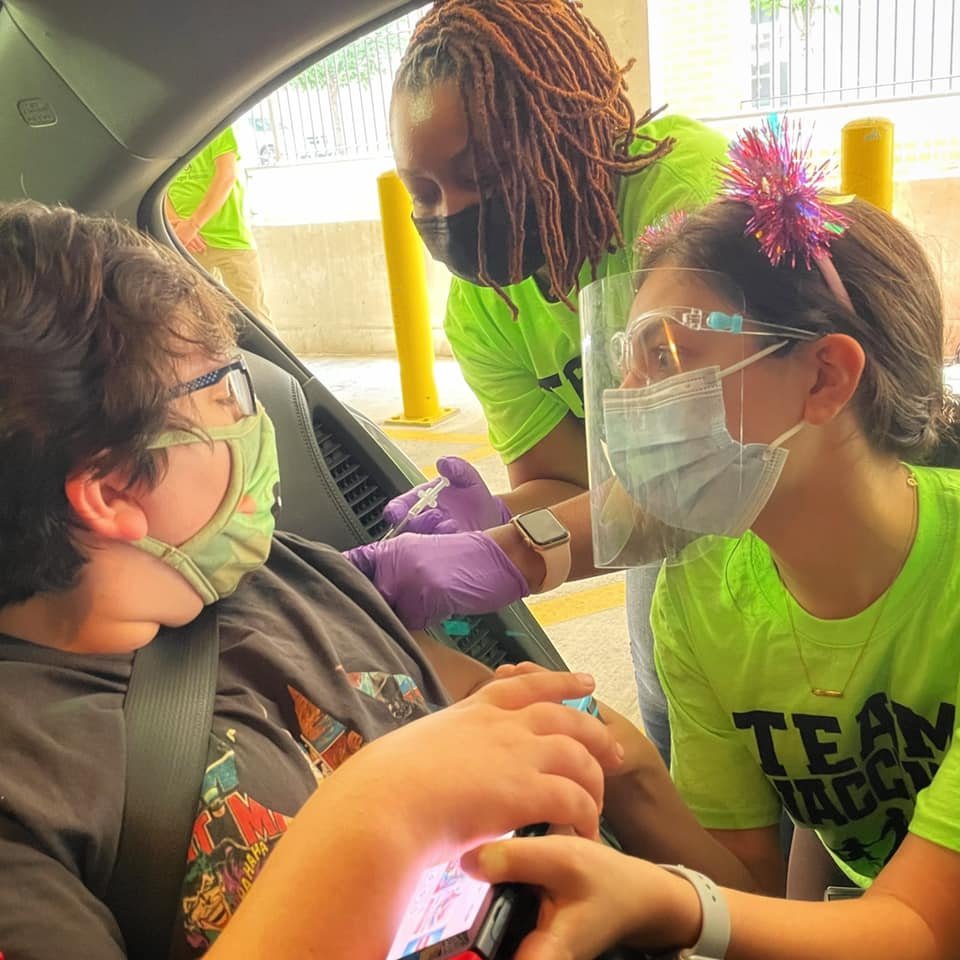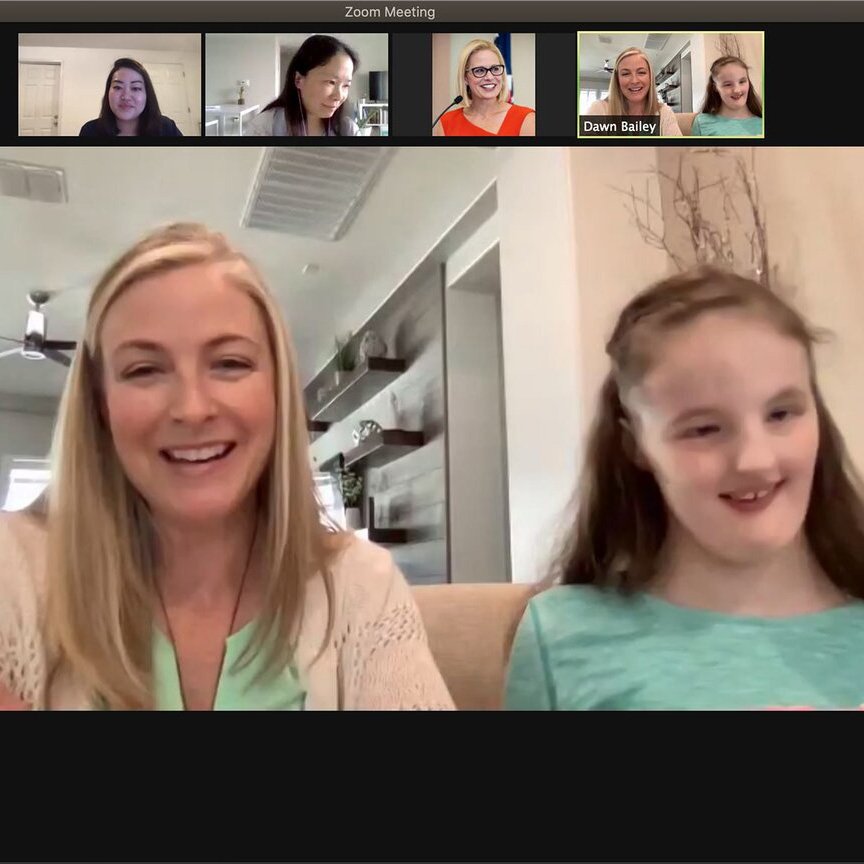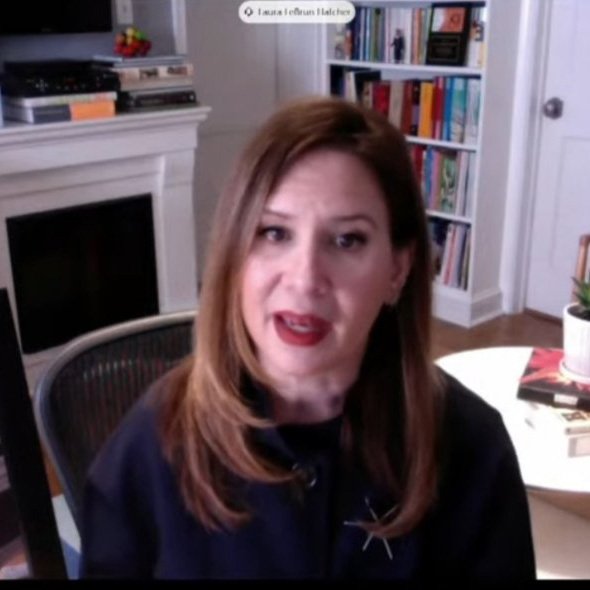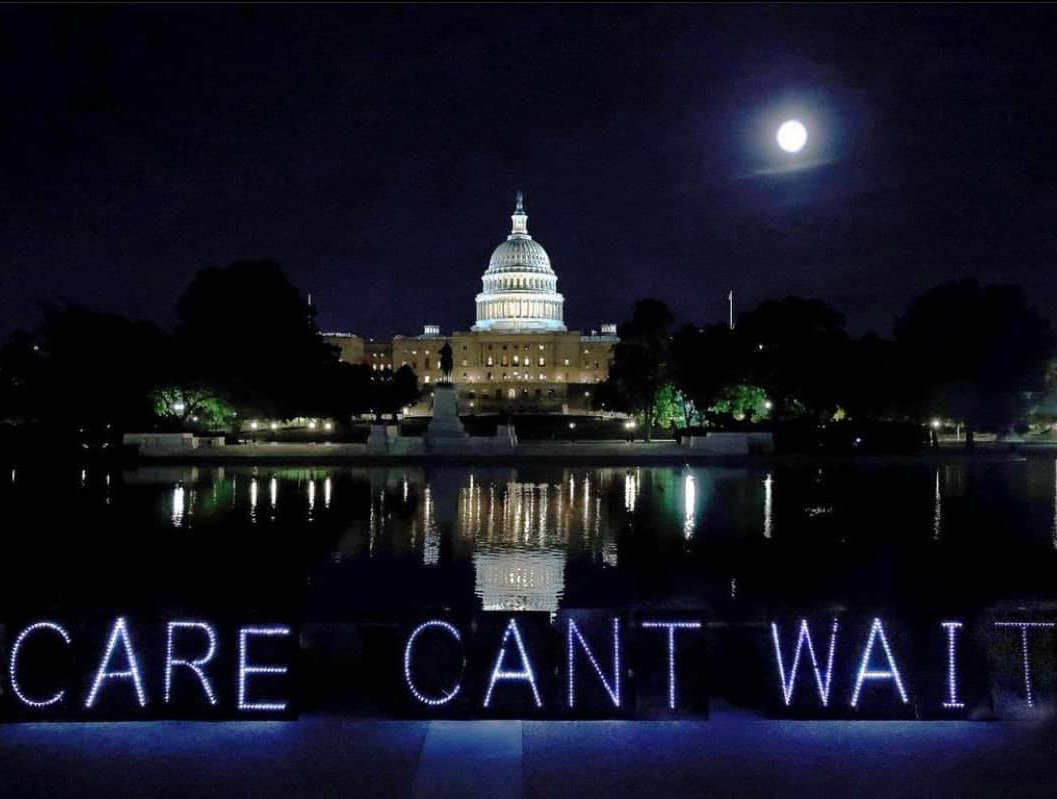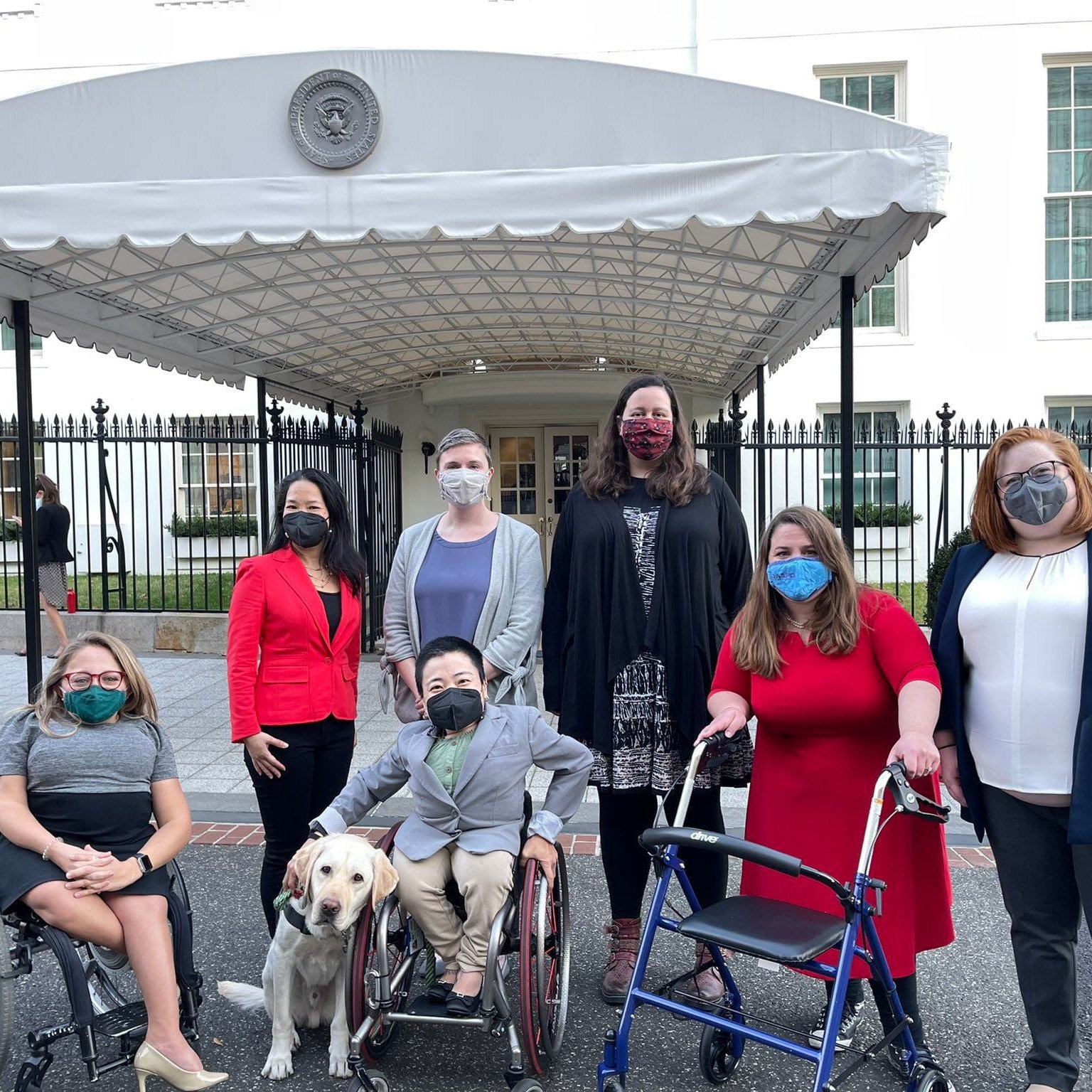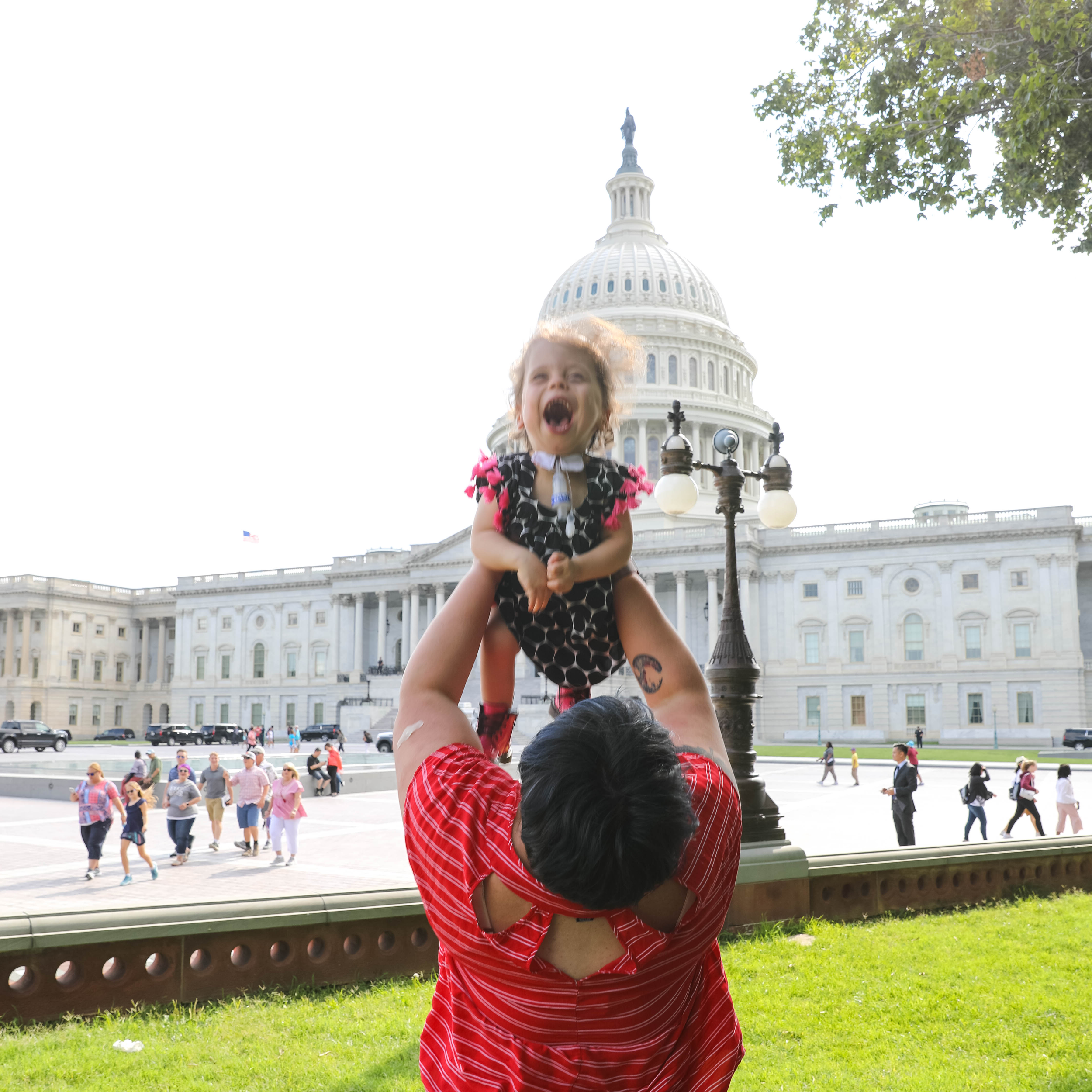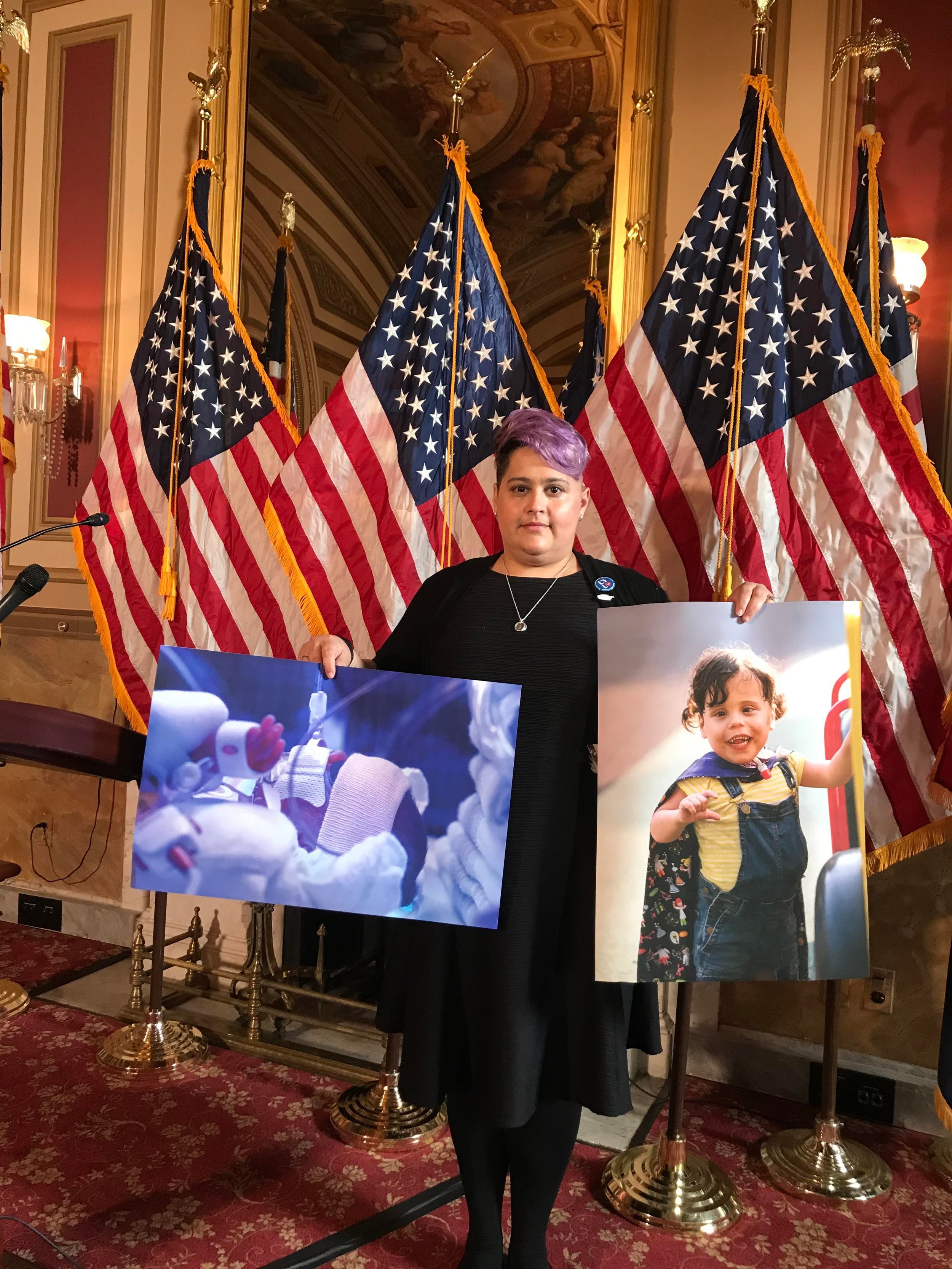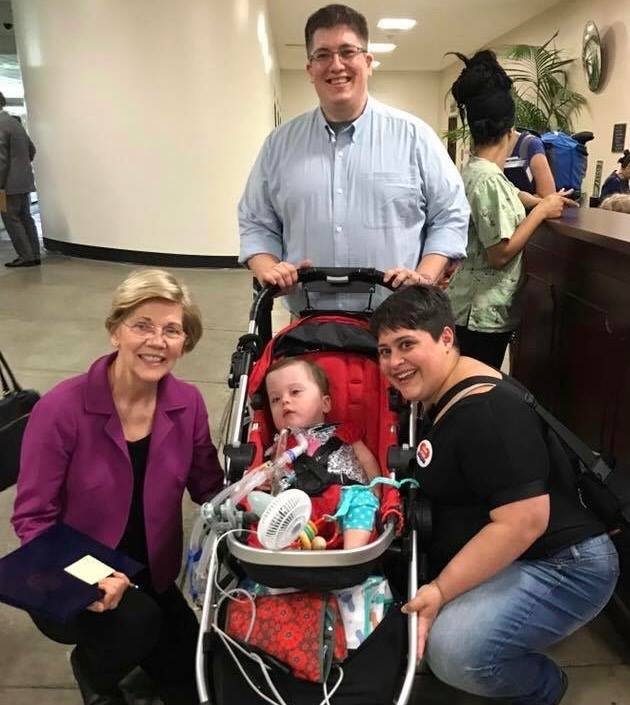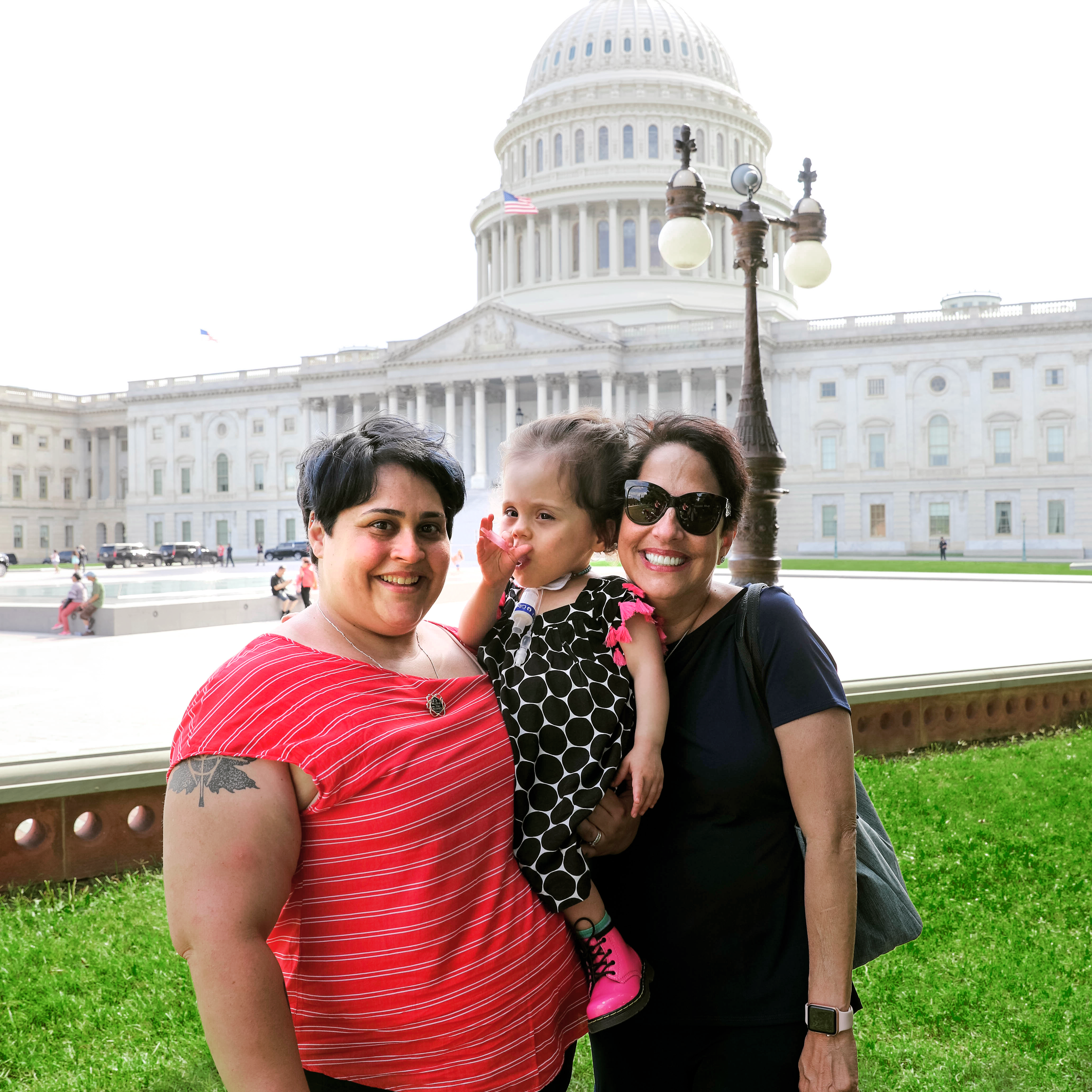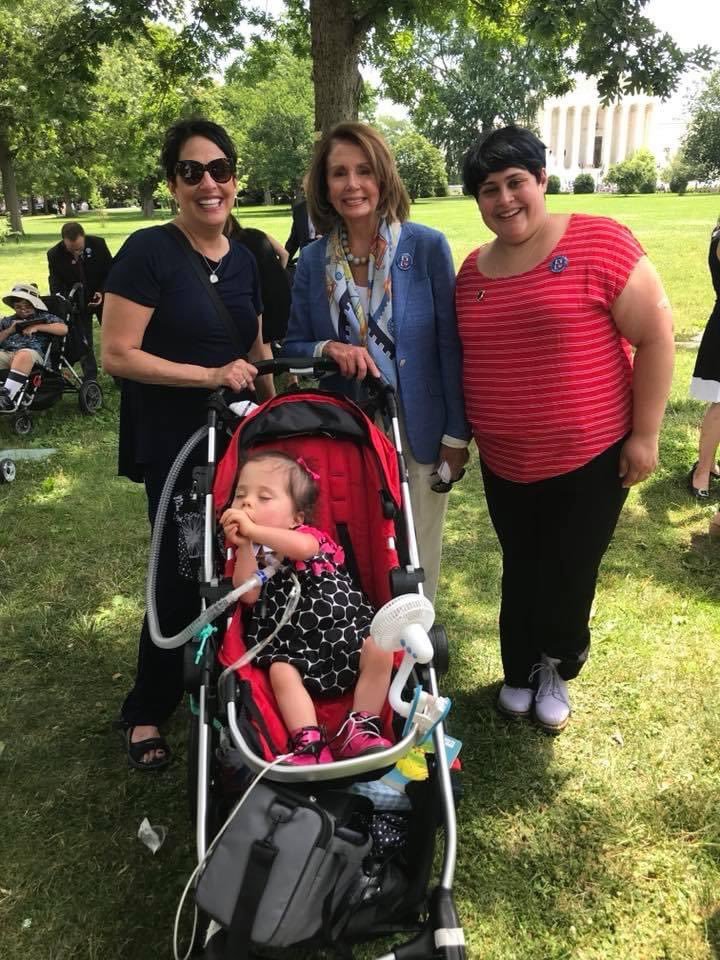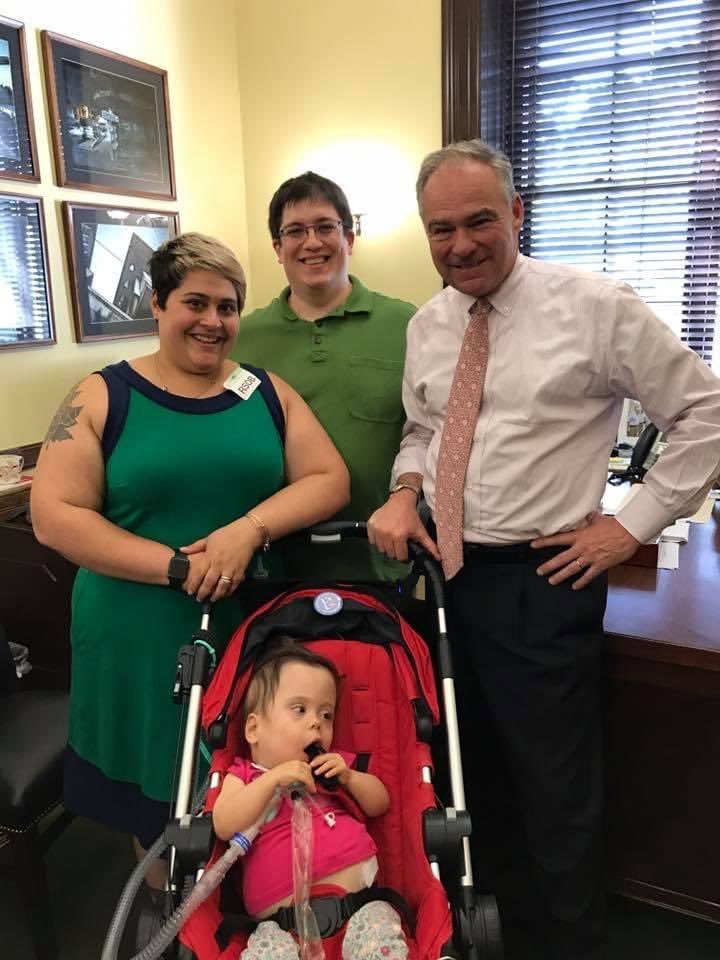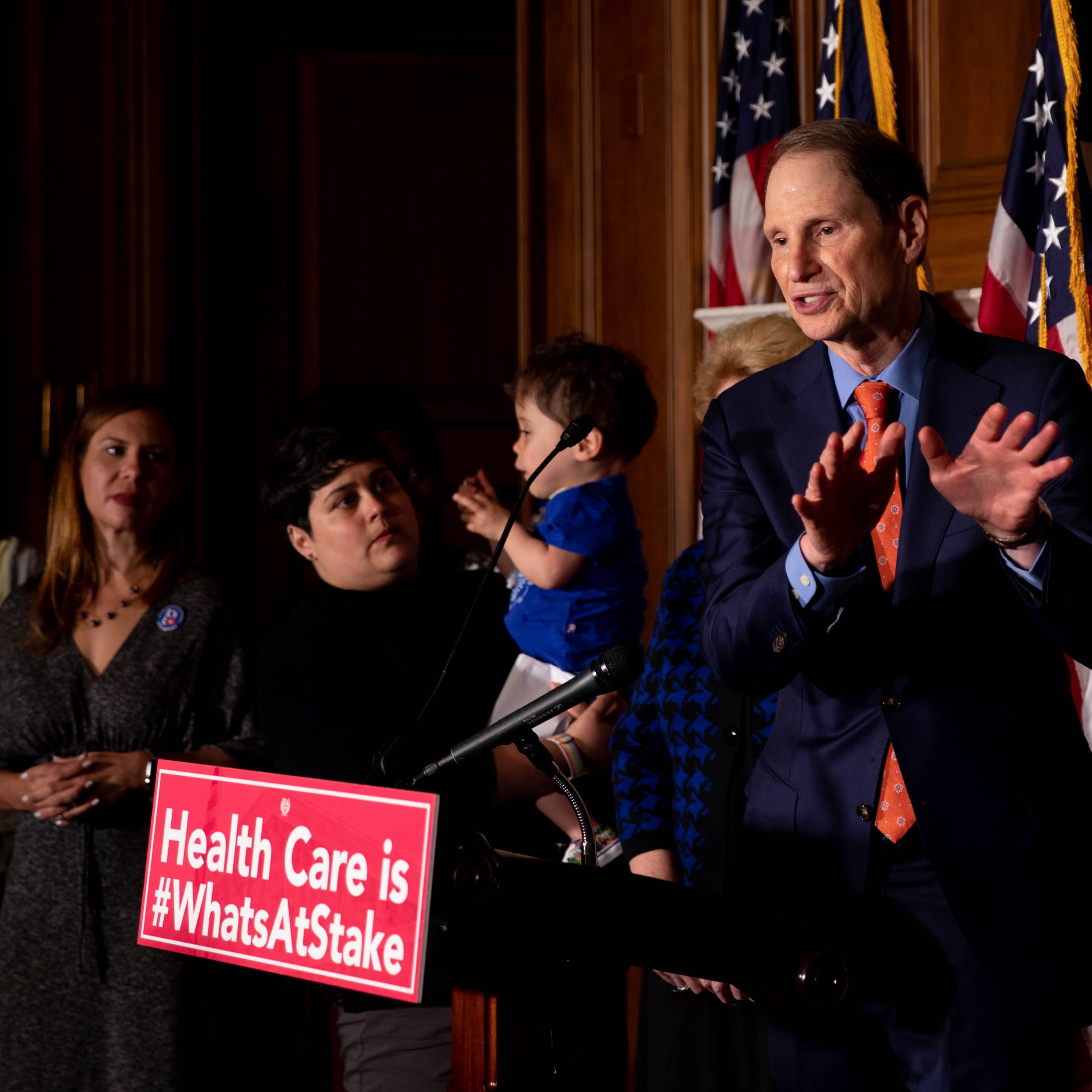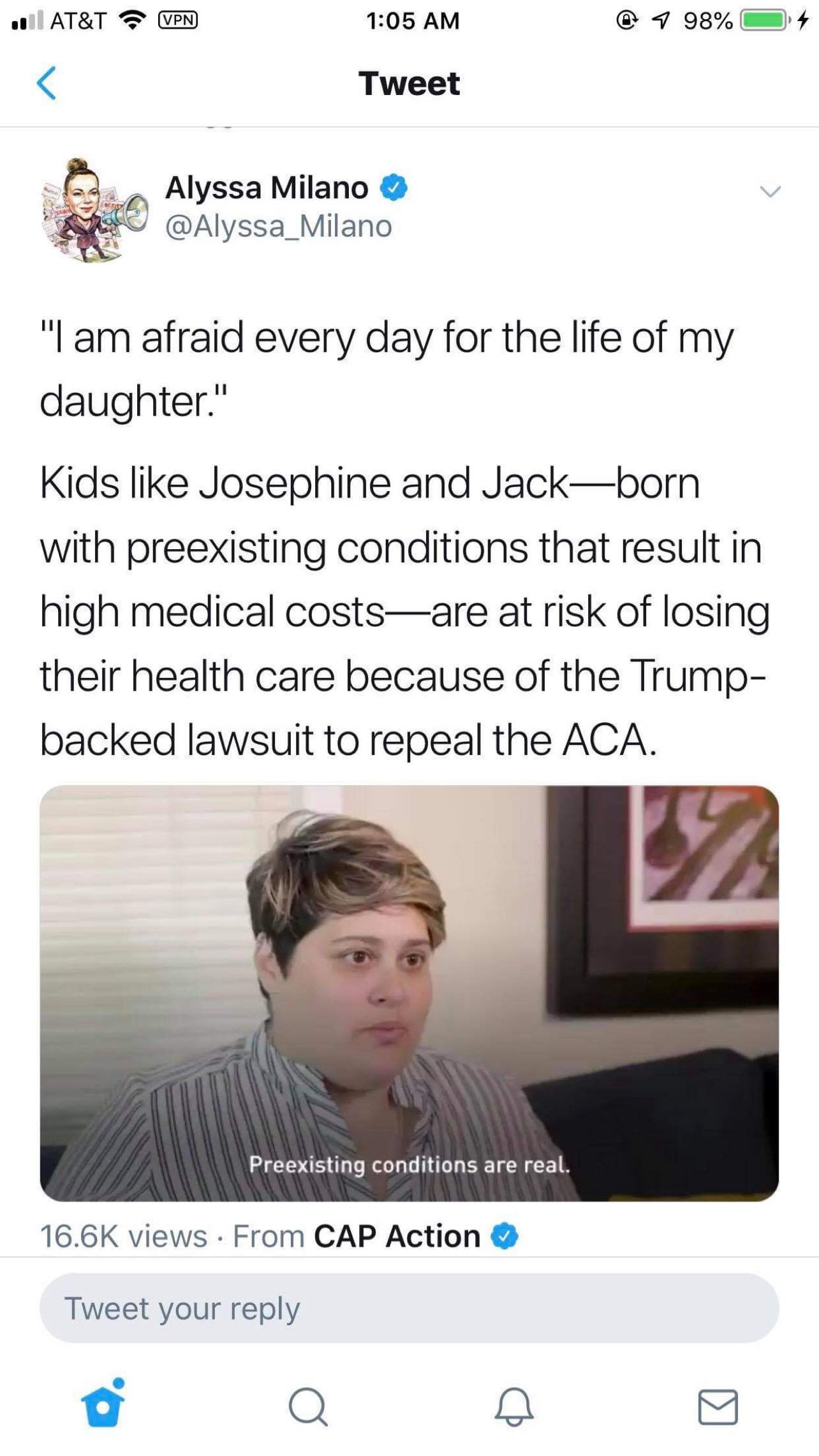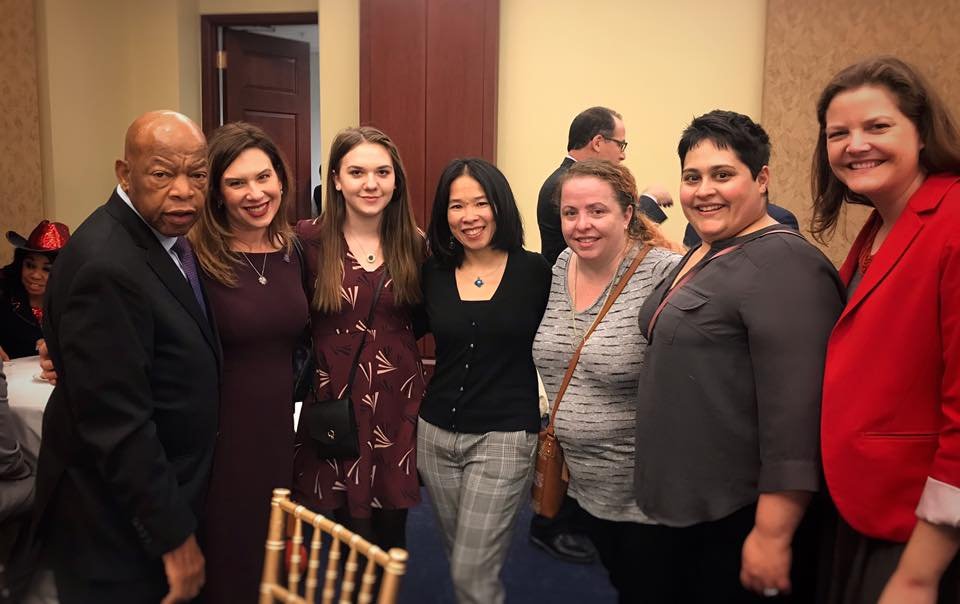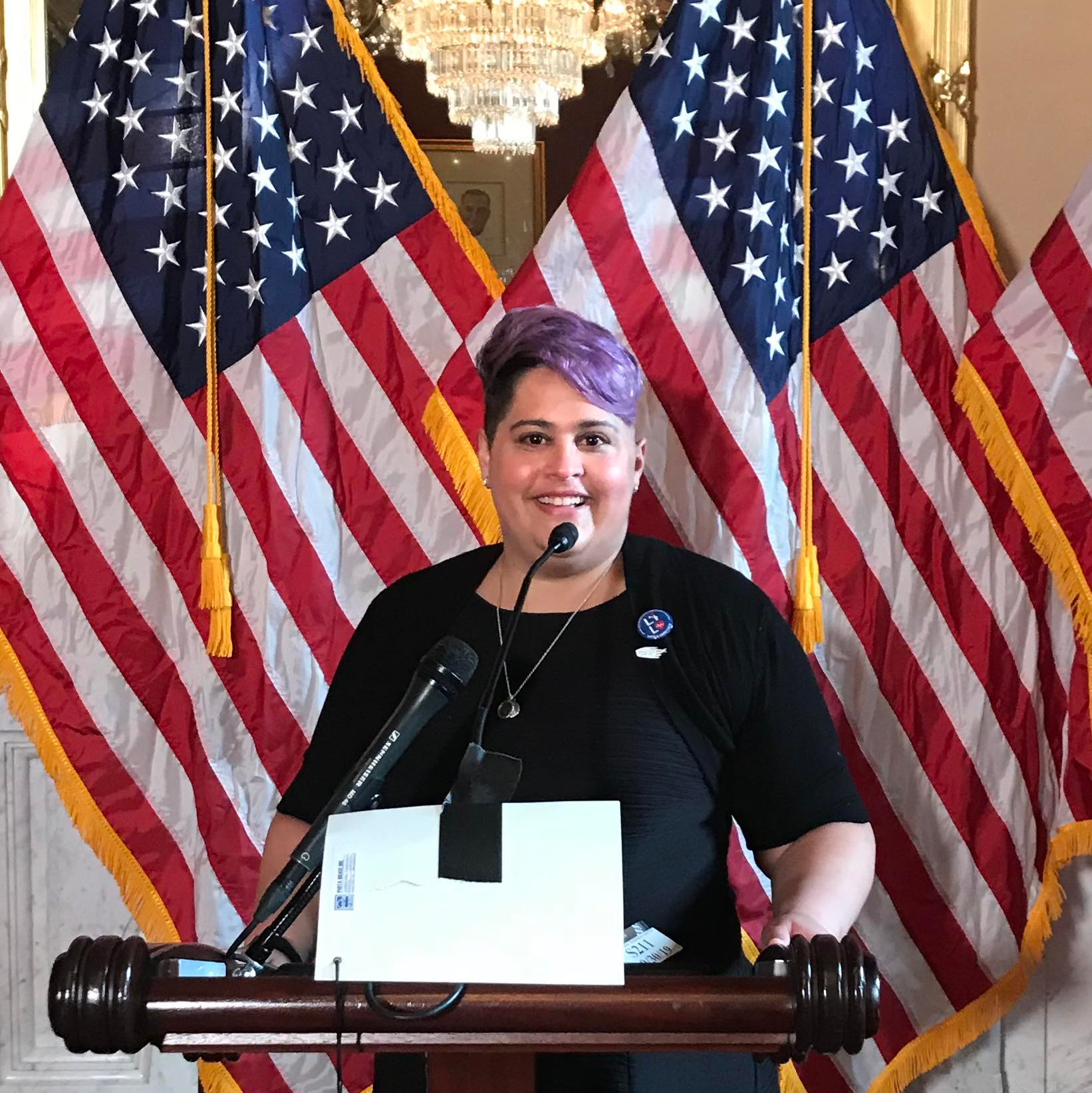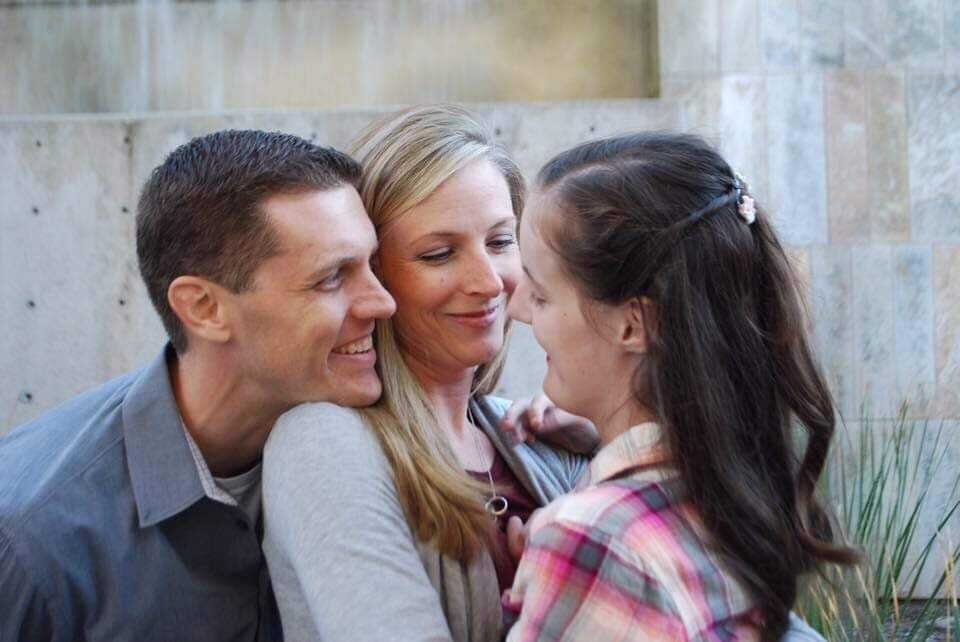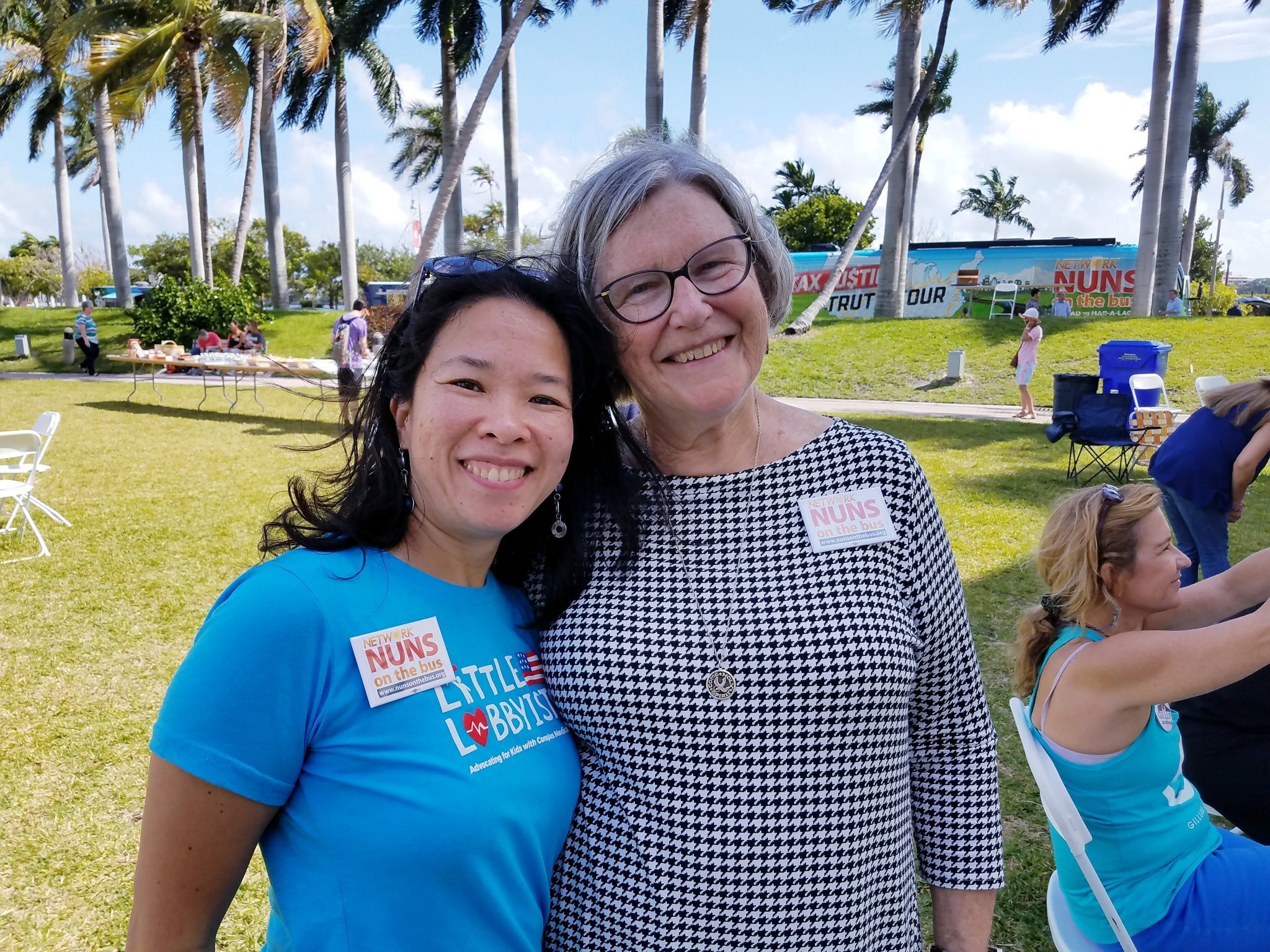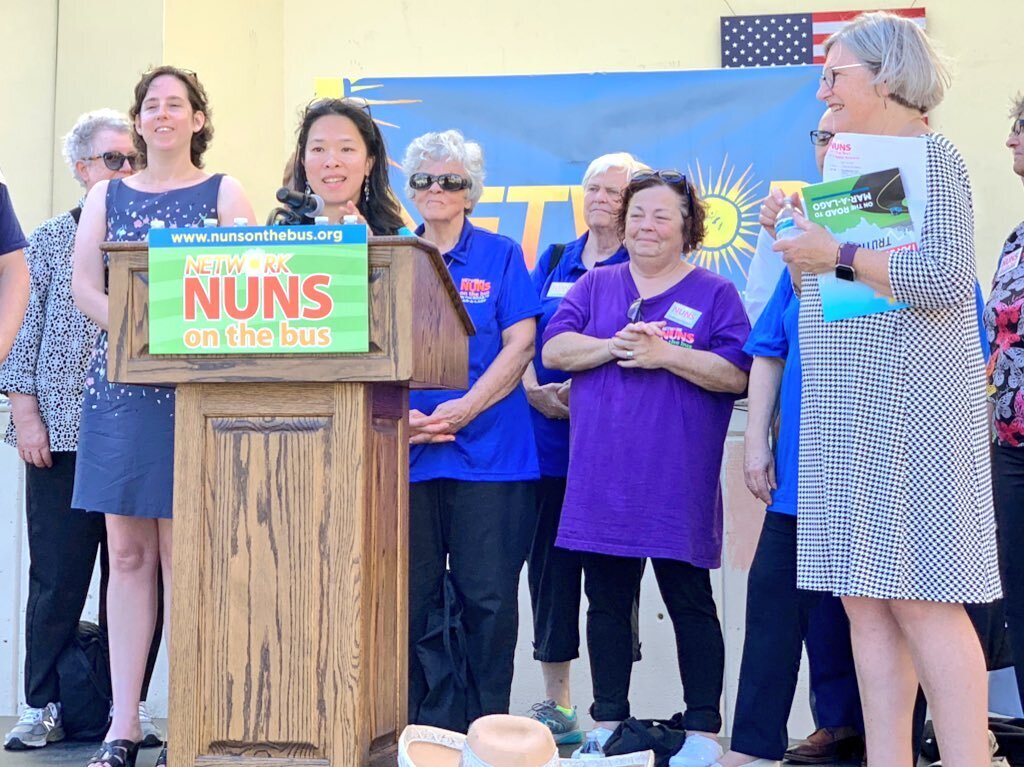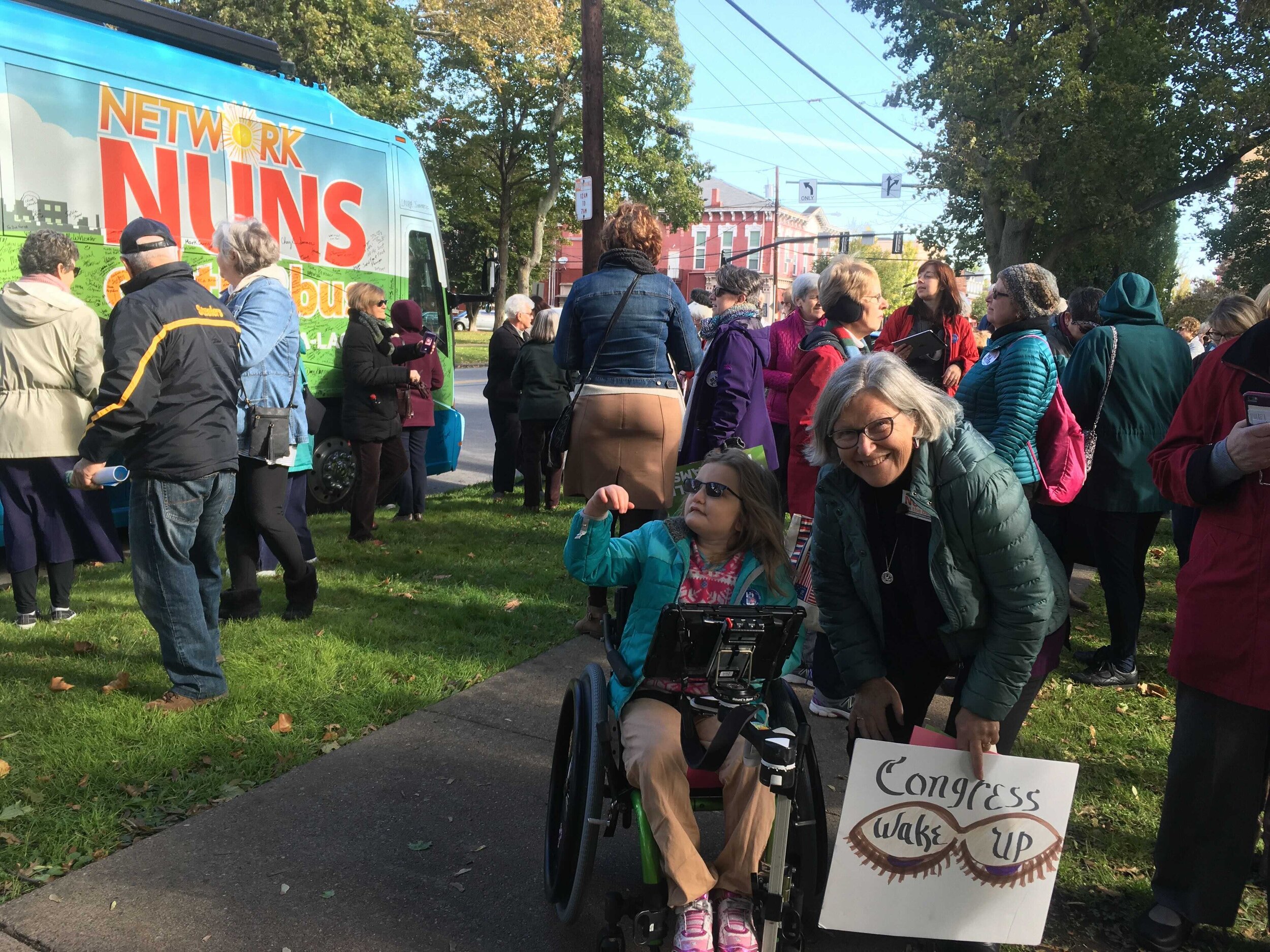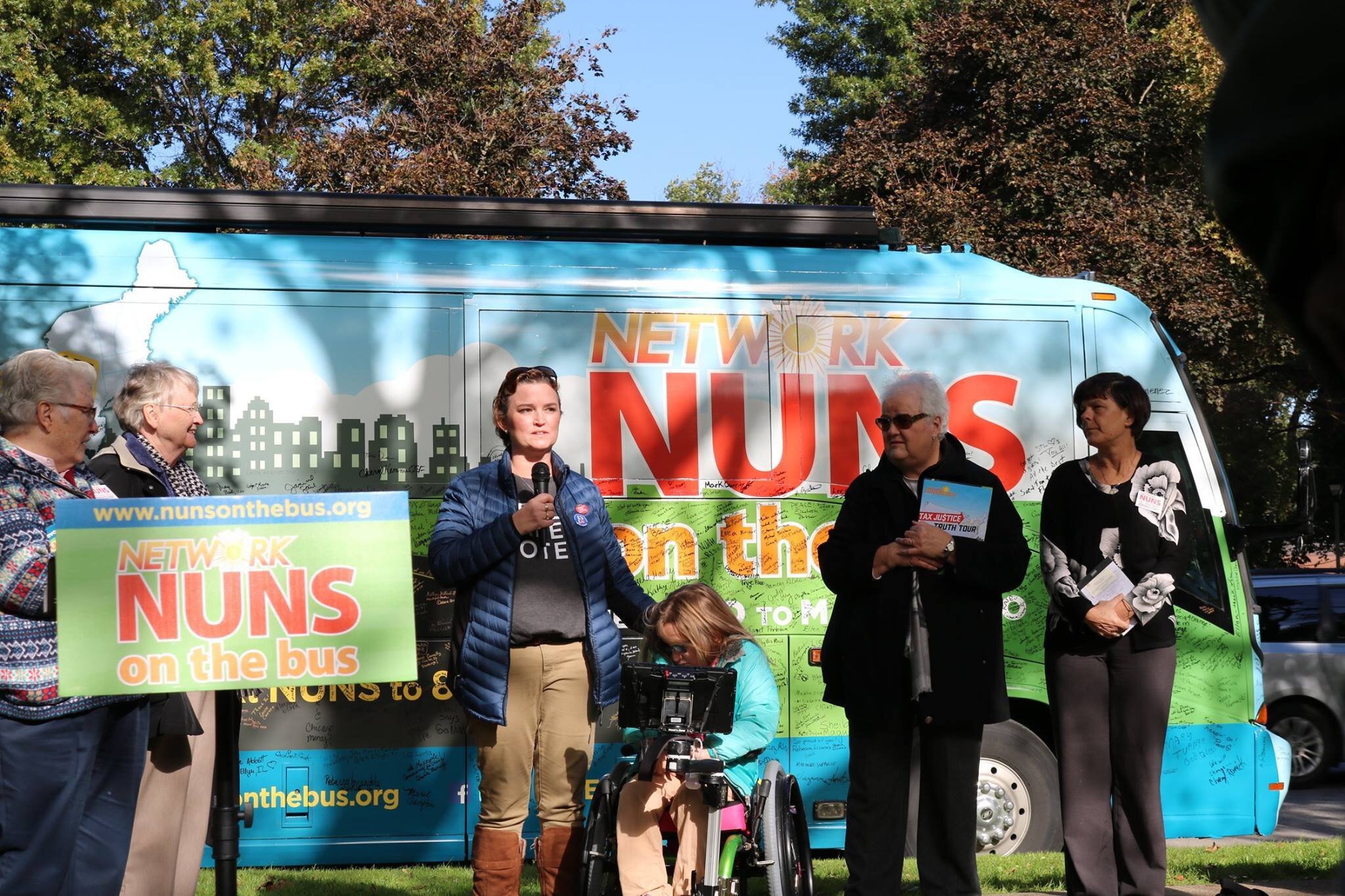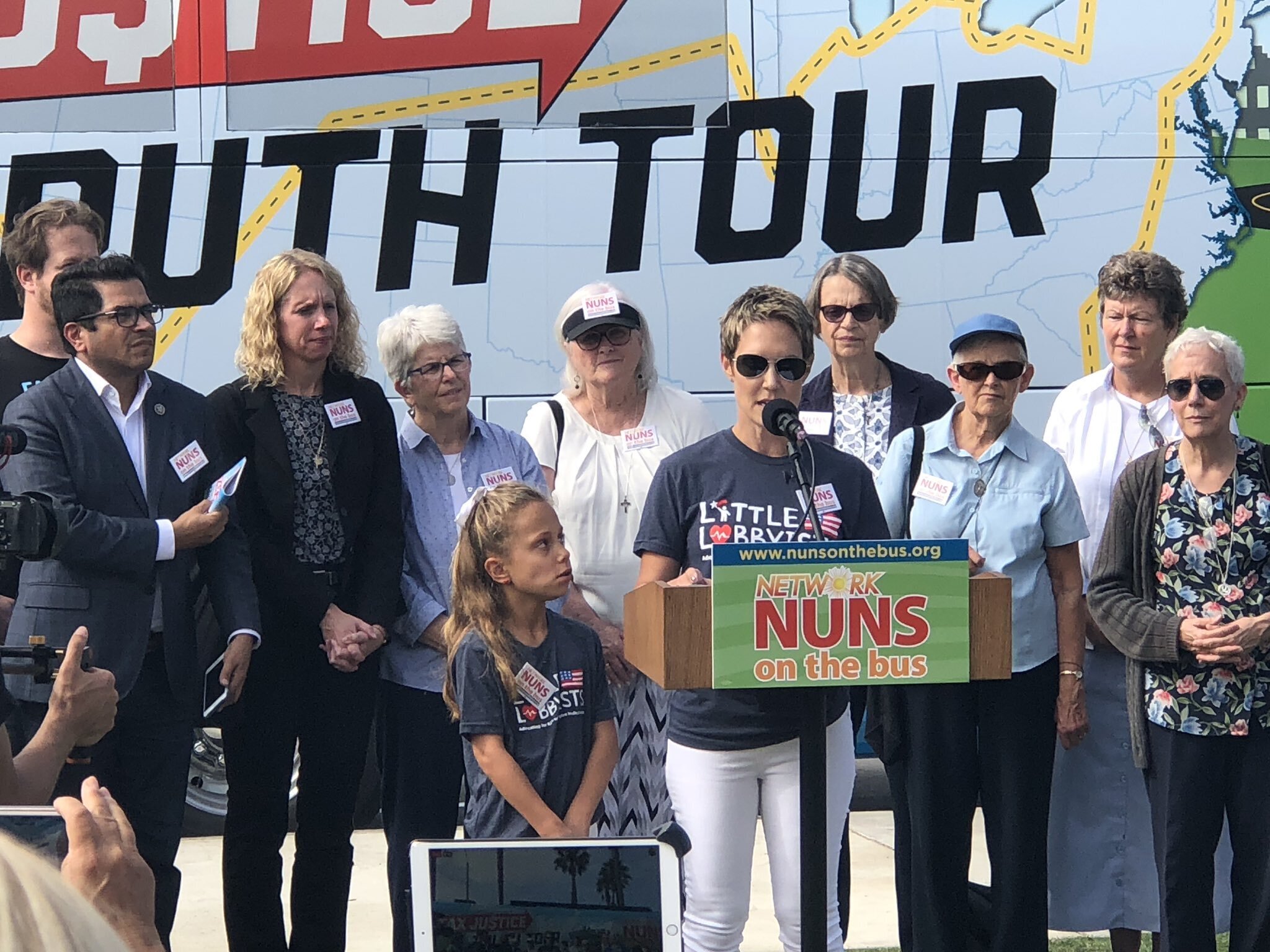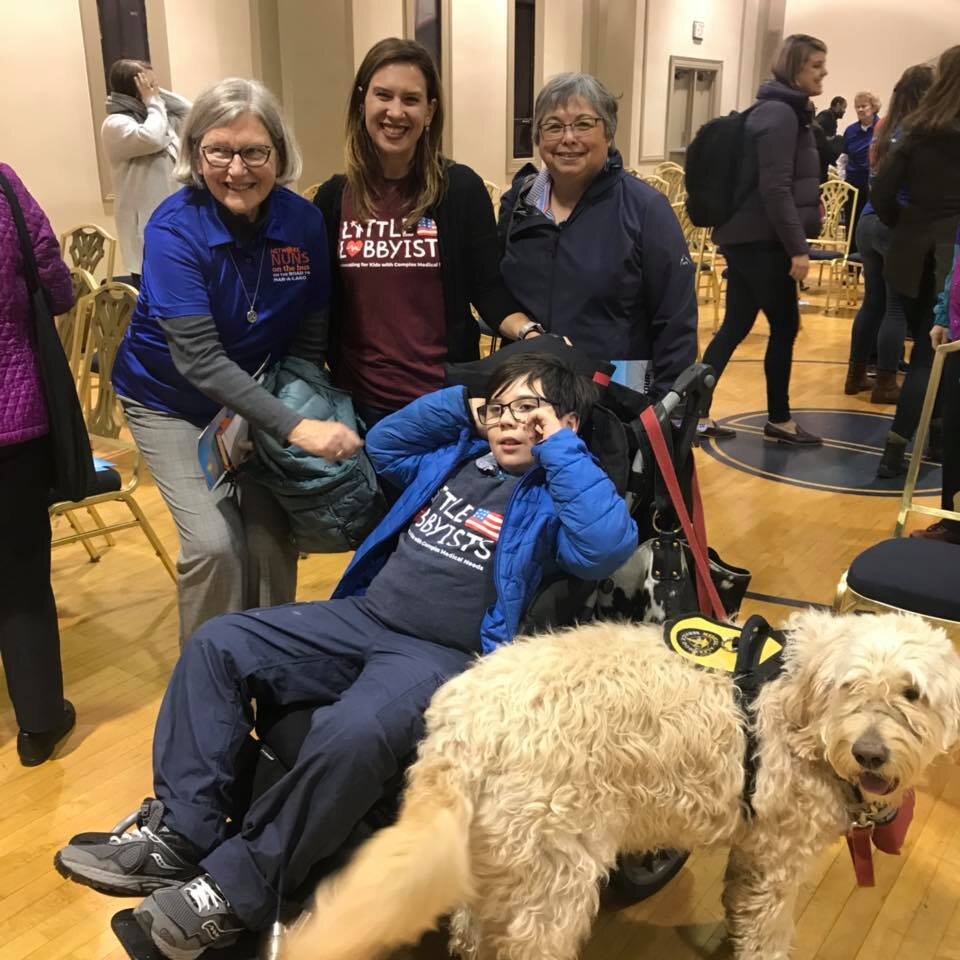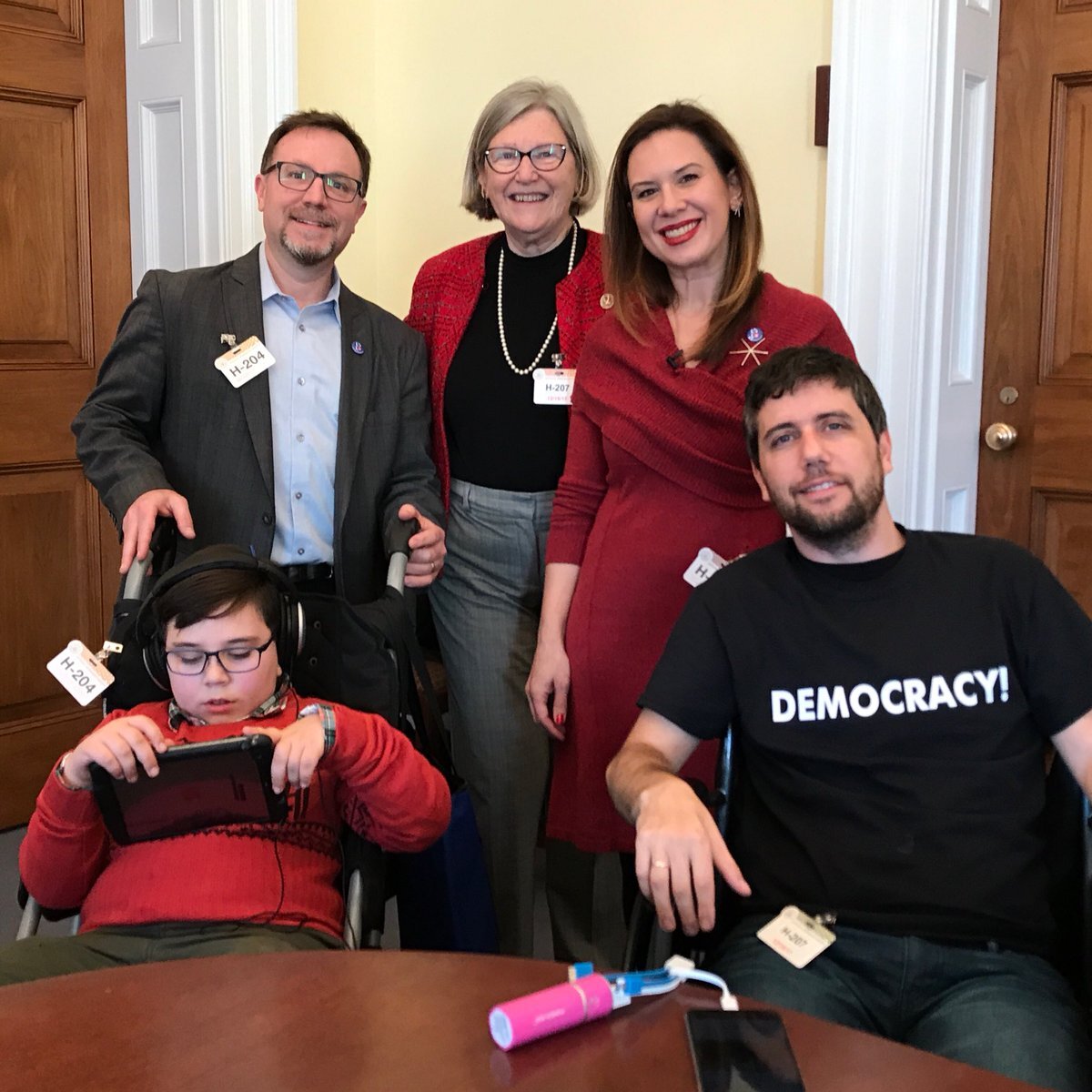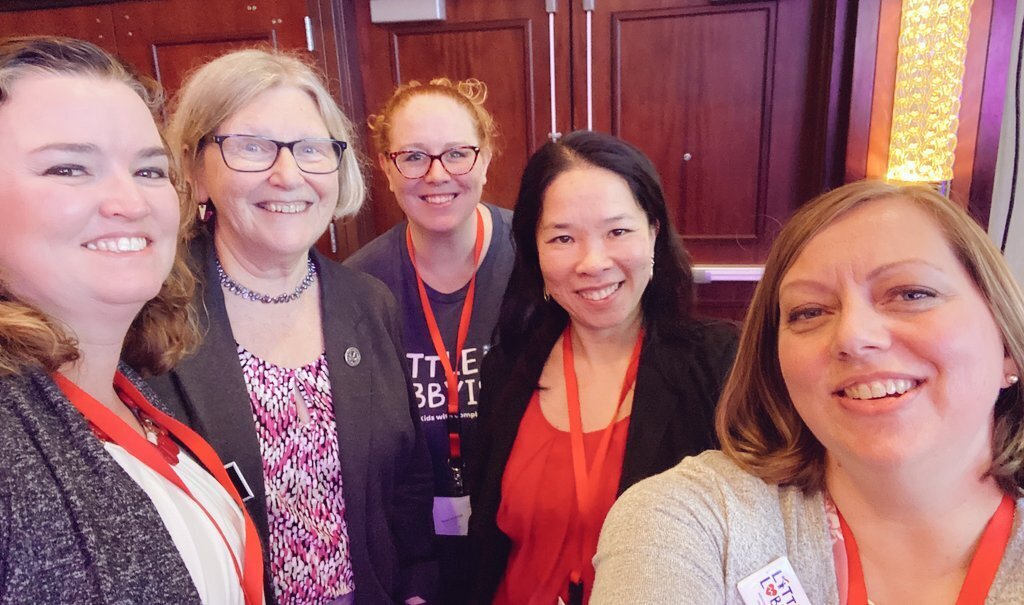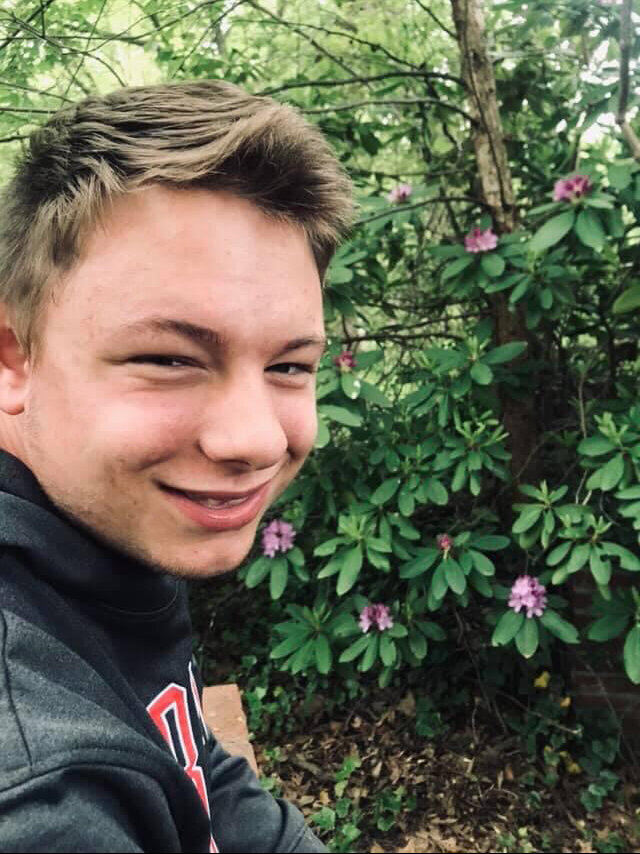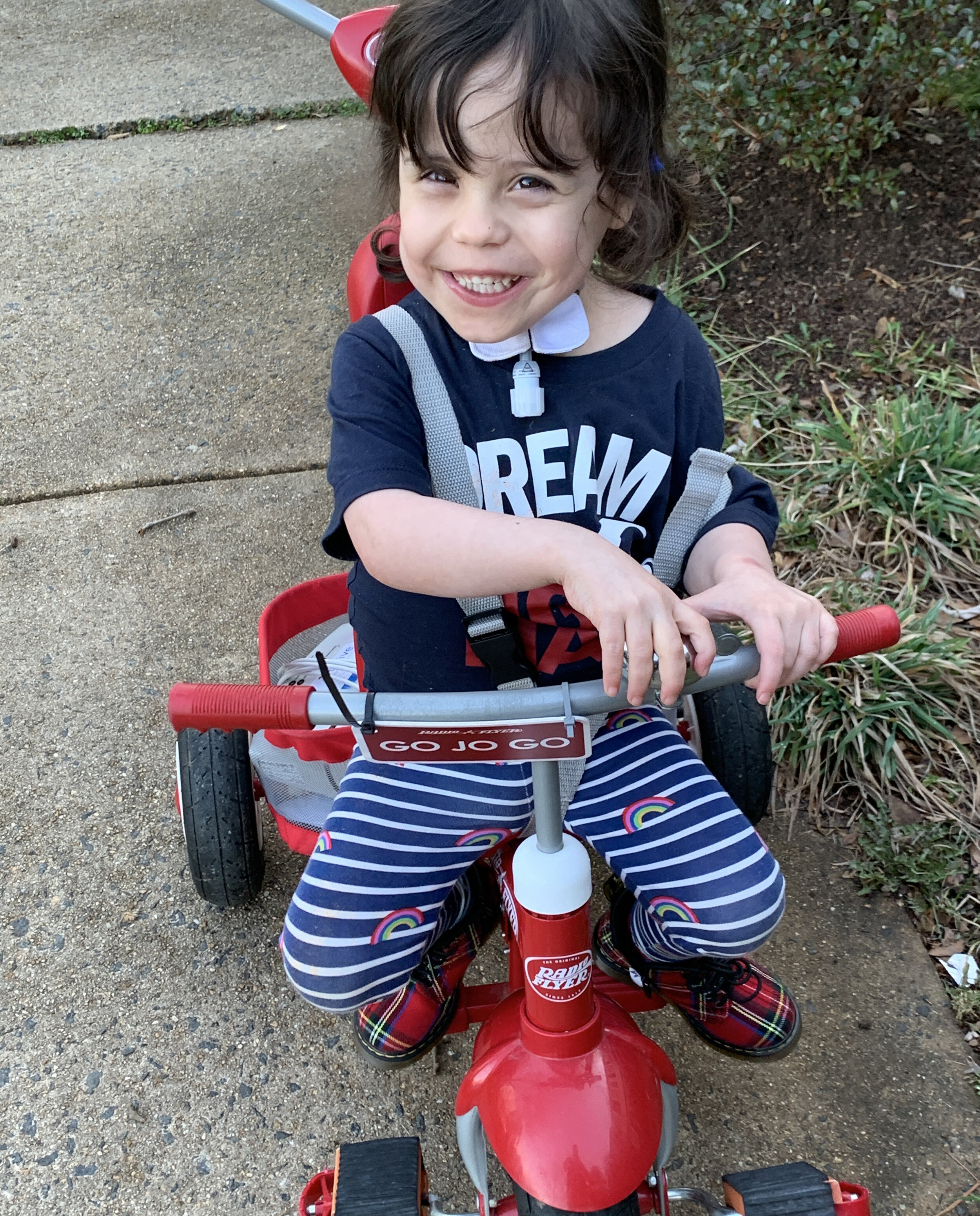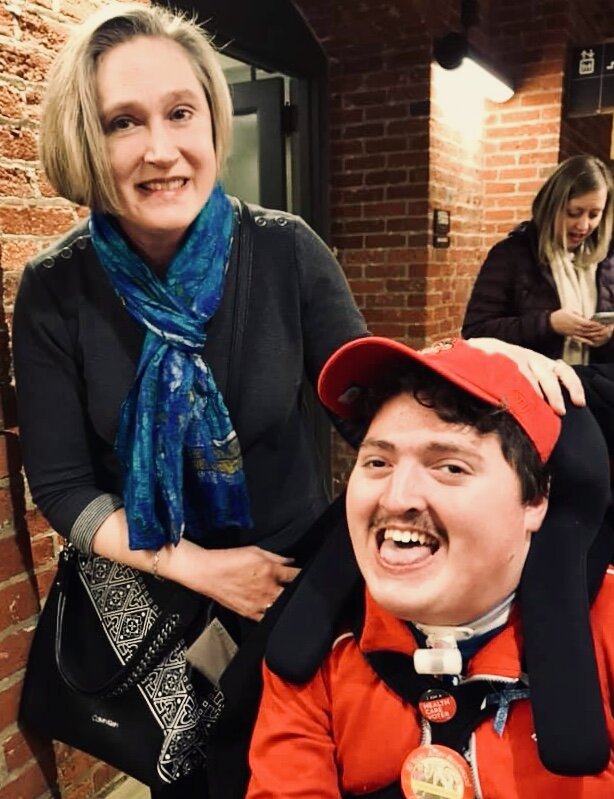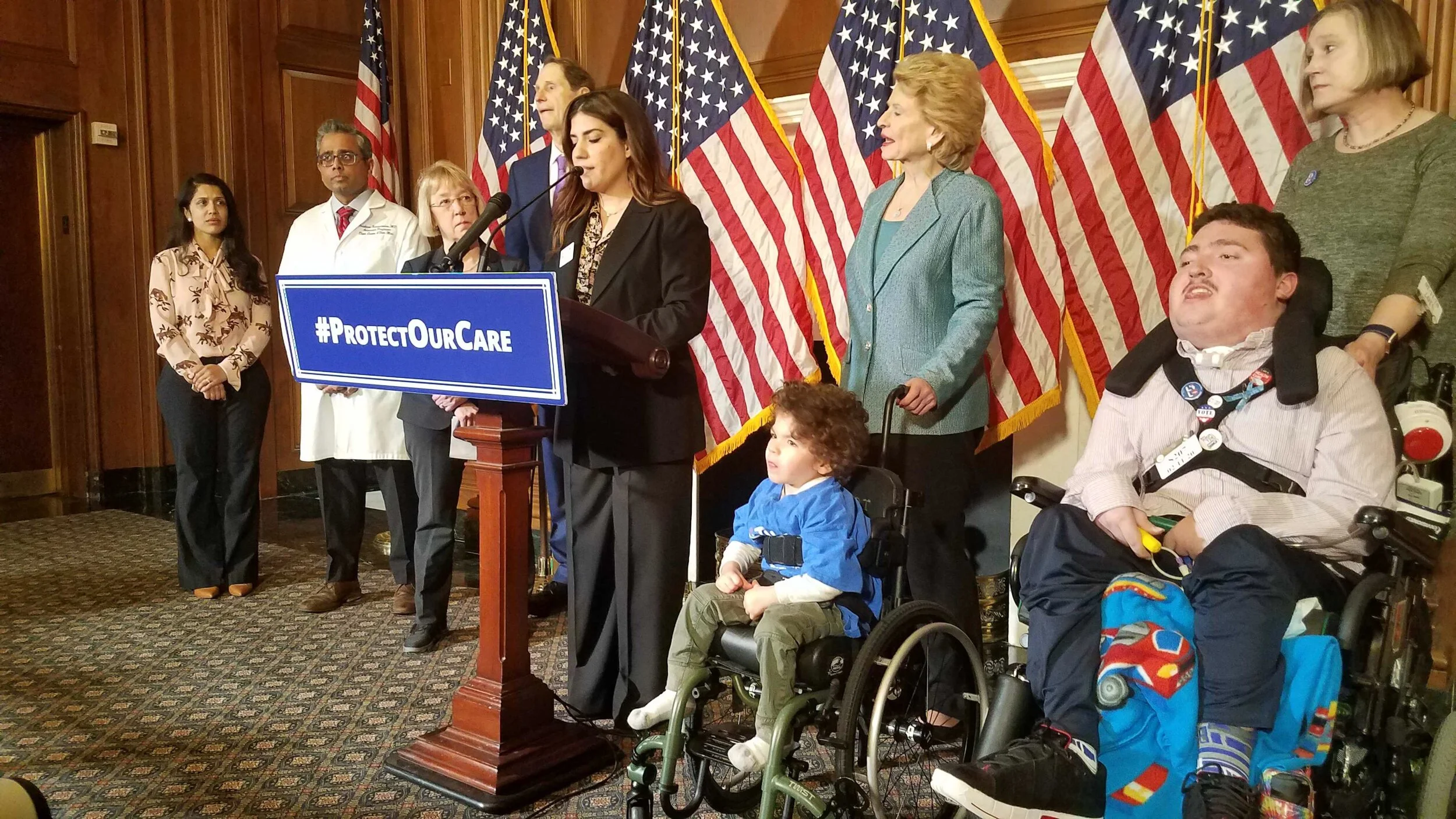Disability Day of Mourning is an annual commemoration held on March 1st to remember the lives of people with disabilities murdered by their caregivers, particularly those killed by parents and other family members, and to demand justice for their deaths. Our executive director, Elena Hung, spoke at today’s vigil hosted by the Autistic Self Advocacy Network. To learn more and find a vigil near you please visit: https://autisticadvocacy.org/2022/02/2022-vigil-sites/
I am here today to honor and remember those in our community who have died at the hands of their parents or caregivers.
We see this unforgivable and criminal pattern play out over and over. A parent kills their disabled child. A caregiver murders their disabled family member. And instead of accountability, the murderers are often met with sympathy. Instead of justice, the victims are often forgotten.
This is unacceptable, and it must stop.
I am Elena Hung, better known to some of you as Xiomara’s mom. Xiomara is seven years old and in the second grade, attending school via virtual learning. Xiomara is the joy of my life, and I am so lucky I get to be her mom. She is happy, kind, clever, funny, and a little bit naughty.
Xiomara was born with serious medical conditions affecting her airway, lungs, heart, and kidneys. She uses a tracheostomy to breathe, a ventilator for additional respiratory support, a feeding tube for all her nutrition, and a wheelchair to get around and explore the world around her.
I have often said: there is not a single thing I would change about my daughter, but there are a million things I would change about this world so that it would be worthy of her.
And that is a world where our disabled children know without a doubt from our words and our actions that they matter, that their lives have value, and that we love them.
Here’s the thing: Parenting a disabled child is hard, but that is because parenthood – done right – is hard. Parenting a disabled child is also joyful, and that is because parenthood – done right – is joyful.
When we only see parenting disabled children as hard but not as joyful, we are failing. I am speaking to you on this Disability Day of Mourning because we are failing our disabled children, and we must urgently course correct.
Let’s commit to holding accountable the parents and caregivers who kill and murder the disabled people who trust them. And let’s honor the humanity of our disabled children and friends.
Let’s support them, believe them, love them, and work towards creating a world that is worthy of them.
A row of candles lit in the darkness, reflected in the smooth surface below.




